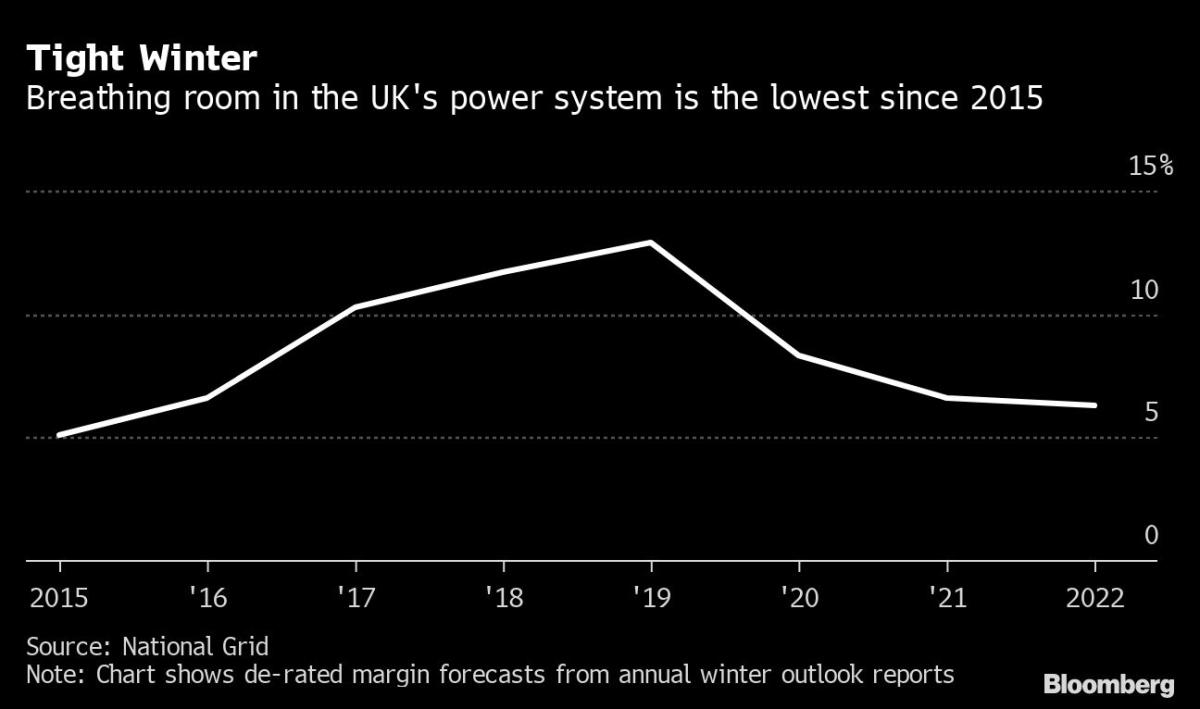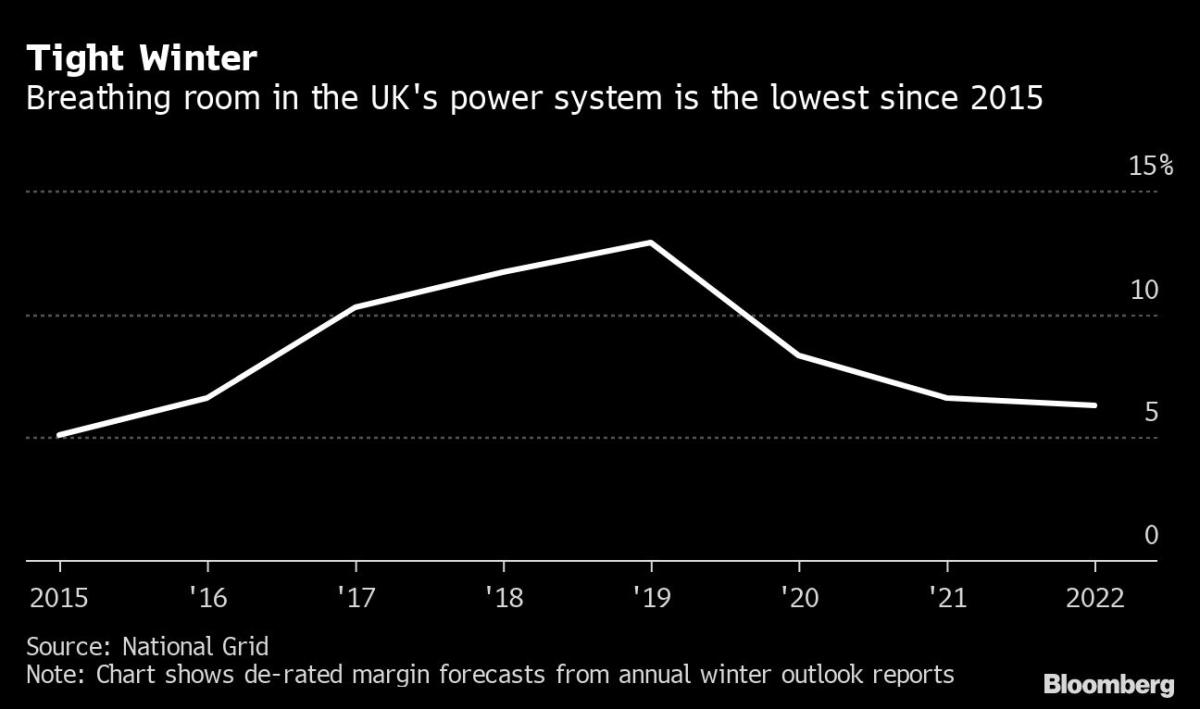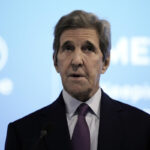
(Bloomberg) — Heavy rain in the past few weeks has restocked Norway’s depleted hydro reservoirs and reduced the risk of power exports to the UK grinding to a halt this winter.
Most Read from Bloomberg
That’s a boost for other markets also, including Germany and the Netherlands, who rely on electricity from the Nordic nation sometimes referred to as Europe’s green battery because of its vast and cheap hydro resources. At the height of the power crisis in August, the Norwegian government indicated that foreign sales could be curbed to protect domestic supplies.
“Now we’ve had rain, luckily, so the situation is much better,” Energy Minister Terje Aasland said in an interview. “We are going into a more secure winter when it comes to security of supply than was the starting point earlier.”
The UK typically relies on imports to meet about 10% of demand. Flows from Norway could be even more important this winter than in previous years as cheap nuclear power from France might not be readily available due to long outages at its aging plants. Still, Britain’s National Grid Plc said last week there would be sufficient domestic generation available to avoid blackouts.
Norway isn’t a European Union member, but is part of the single energy market, and rules state that countries aren’t allowed to curtail flows to neighbors for prolonged periods. The nation gets almost all its electricity by running water through turbines. Historically, it has been able to export a hefty surplus and still have among the lowest prices in Europe.
Hydro reservoir levels in southwest Norway — where the main cables that connect to other markets come ashore — remain below average, but are far higher than a few months ago. The difference is about 8 percentage points, while back in August they were about 25 percentage points below the 2000-2019 average.
“Everyone was worried that Norway wouldn’t be a major exporter during winter, but I would say the perspective has shifted in the last few weeks,” said Fabian Ronningen, a senior power-market analyst at Rystad Energy A/S.
Back in August, Norway’s government began to work on a control mechanism that would allow the country to limit exports if hydro reservoirs sank too low. The plan is still to complete that this fall, Aasland said.
“It’s important that we have certainty to ensure security of supply because that is what gives hydropower the quality that it has,” he said.
State-owned utility Statkraft AS was among the power generators protecting domestic supplies by holding back water, Chief Executive Officer Christian Rynning-Tonnesen said in an interview.
“That’s deliberate; it is because we are saving water for the winter,” he said. “We held back in the third quarter to have more production capacity in the winter period.”
–With assistance from Todd Gillespie.
Most Read from Bloomberg Businessweek
©2022 Bloomberg L.P.




